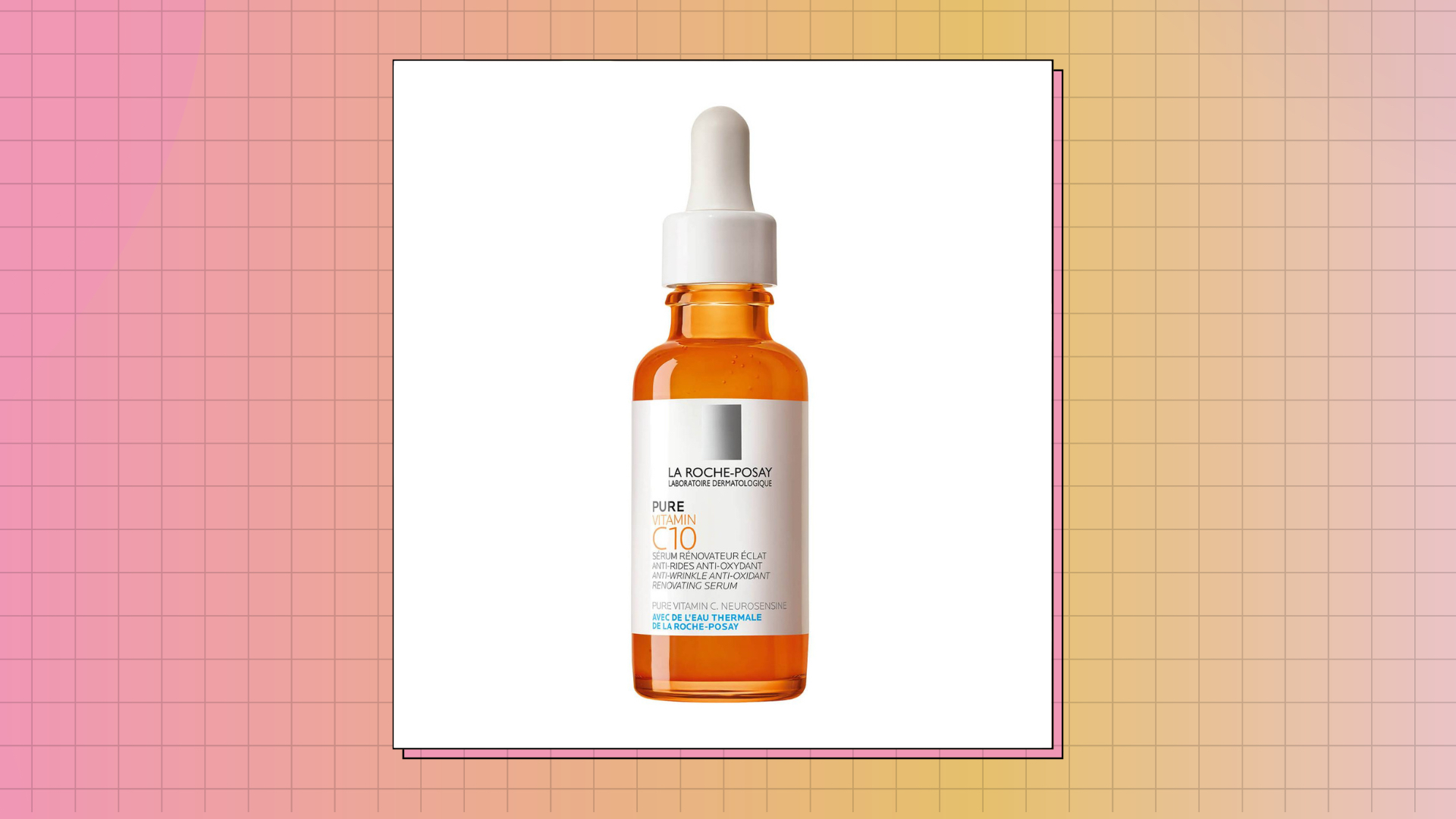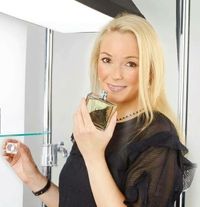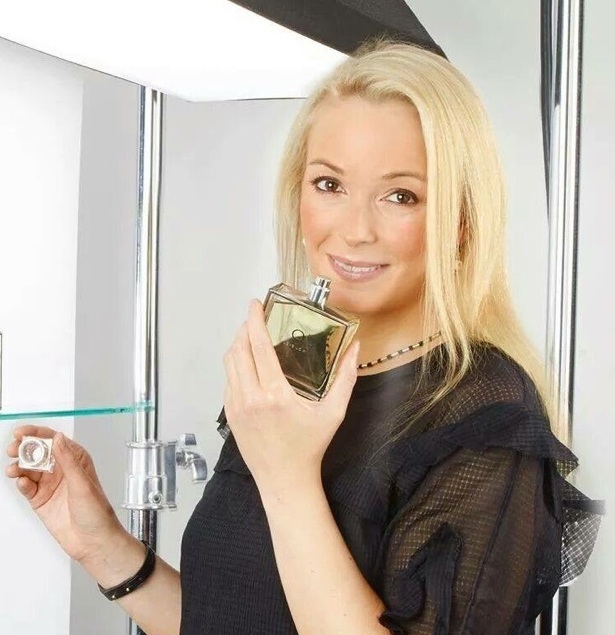La Roche-Posay Pure Vitamin C10 Serum review: a potent, glow-giving formula
A beauty editor shares her honest La Roche-Posay Pure Vitamin C10 Serum review to help you decide if it's right for you

La Roche-Posay Pure Vitamin C10 Serum claims to have solved the problem of applying a high 10% concentration of brightening vitamin C to sensitive skin. We put it to the test...
-
+
Suitable for sensitive skin
-
+
The addition of salicylic acid makes it good for acne-prone skin
-
+
A potent enough concentration to spark change in skin’s brightness
-
+
Visible improvements in hyperpigmentation
-
+
Increases the protection provided by your daily SPF
-
+
Light and air protective packaging
-
-
May not work on old or stubborn dark spots and hyperpigmentation—a prescription solution might be needed for these

With so many topical vitamin C products on the market, it's hard to know which is the best—especially when they all claim to be the best thing since sliced bread. Which is exactly why we put the La Roche-Posay Pure Vitamin C10 serum to the test.
There are many reasons to add one of the best vitamin C serum to your arsenal, as this ingredient is a powerhouse in more ways than one. It’s a potent antioxidant and protects the skin against UV rays and other environmental aggressors. It can stop the overproduction of pigment and fade dark spots, and rev up collagen production for fewer lines and firmer skin, as well as boosting the overall radiance of your skin. Yep, the benefits of vitamin C are almost endless.
There is one major drawback, however—certain forms of vitamin C can be incredibly irritating to sensitive skin. The form most likely to aggravate reactive skin is L-ascorbic acid. As the most stable form it's also the most potent, and therefore the most sensitizing (it has a low pH, which can weaken the skin’s barrier function, increasing the likelihood of dryness and peeling). This is one reason skin experts usually recommend those with dry and sensitive skin use magnesium ascorbyl phosphate, a water-soluble form that, although less stable, is also less irritating.

My main reason for using vitamin C is that as I’ve got older, post-acne scars seem to take even longer to disappear. While my skin isn’t sensitive as such, the tingle that comes with vitamin C serums at a concentration of 10% or more can leave me a bit red-faced. So I confess I was initially quite nervous about trying La Roche-Posay Pure Vitamin C10 Serum, which proudly boasts 10% L-ascorbic acid and yet, according to the brand, can even be tolerated by sensitive skin.
Such were my concerns that I approached dermatologist Dr. Emma Wedgeworth. She explained: “La Roche-Posay Pure Vitamin C10 Serum is formulated at a pH of 5.5, so the ascorbic acid is non-irritating and doesn’t disrupt the skin barrier.” It also contains moisturizing hyaluronic acid, which is a nice pairing with vitamin C to prevent dryness, and salicylic acid as a bonus ingredient to prevent congestion in pores.
A beauty editor's honest review of La Roche-Posay Pure Vitamin C10 Serum
The need-to-knows
Targets: Hyperpigmentation, dullness, fine lines and can be used by anyone in their 20s upwards.
USP: It’s formulated at a skin-friendly pH of 5.5 to ensure the vitamin C is non-irritating even on sensitive skin. It also contains salicylic acid, which has mild exfoliating properties to enhance skin’s brightness.
Who is it for? Anyone in their twenties and upwards who is looking for a fuss-free, dermatologist-vetted vitamin C serum.
Formula—the science behind La Roche-Posay Pure Vitamin C10 Serum
La Roche-Posay has built a reputation on skincare that plays nicely with sensitive skin. And the Pure Vitamin C10 Serum's credentials seem to confirm that this skin type was in mind when creating a 10% vitamin C serum. The L-ascorbic acid is formulated at a pH of 5.5, which is also the skin’s natural pH, the idea being that it will not be as irritating. 10% is also effective enough to spark change, improving skin’s elasticity and protecting against damage caused by free radicals.
In serum form, the vitamin C is kept stable and its tiny molecules are able to penetrate through the outer skin layer more efficiently. Unusually, this serum also contains salicylic acid, again at levels suitable for sensitive skin, to help exfoliate and double down on vitamin C’s brightening powers. The icing on the cake is the inclusion of neurosensine, a peptide that occurs naturally in the skin and can block pain sensation, therefore reducing those sensitive symptoms.
La Roche-Posay Pure Vitamin C10 Serum packaging
We would normally urge caution when it comes to judging a product by its cover (read: packaging), but in the case of vitamin C it’s actually crucial. If you’ve ever used a vitamin C serum and the smell or color has changed over time, oxidation—deterioration as a result of being exposed to air, light or water—was likely the culprit.
That isn't an issue with Pure Vitamin C10 Serum, which is packaged in a UV-filtered bright orange bottle to protect it from the sun and keep it as potent as possible. The serum is also delivered via a pipette, so you get a precise dose each time. One bottle should last you around two months.
Application—How to apply the La Roche-Posay Pure Vitamin C10 Serum
It's important to know how to use vitamin C so that you really get the most out of it. There's been a long-running debate over whether you should use vitamin C in the morning or at night, and while it's beneficial at either time of day, using it in the morning will help you reap the benefits of that antioxidant protection.
As with any active ingredient, it’s important to incorporate it into your regime slowly. Try using Pure Vitamin C10 Serum three times a week for the first two weeks, then work up to daily use. As for complementary ingredients, vitamin C works particularly well in tandem with other antioxidants, like vitamin E and ferulic acid, or with a hydrating moisturizer rich in ingredients like vitamin B and hyaluronic acid.
While vitamin C can help to brighten hyperpigmentation, you still need to wear an SPF during the day. Wait a few minutes in the morning for the serum to absorb into the skin, then apply an SPF of at least 30 over the top to ensure you prevent future dark spots from appearing.
The verdict—Is the La Roche-Posay Pure Vitamin C10 Serum worth buying?
All in all, this serum is a winning formula in our eyes. The texture glides on smoothly and absorbs into the skin quickly, without leaving a greasy residue in its wake. Also important is the fact that it doesn’t pill under sunscreen, and I experienced no burning sensation on application.
After two months of use, I started to see an improvement in my skin tone as those dark spots I mentioned earlier began fading. But the best part? Thanks to a tangerine undertone I also found I got immediate gratification, as this serum gives you enough of a bronzed glow to get away with wearing no foundation.
Fiona Embleton is a multi-award-winning beauty editor who has tested over 10,000 products in her 10 years + of writing and shooting beauty stories. For the past four years, she was the Senior Beauty Editor at Marie Claire, having previously worked in the role of Beauty Editor at both Stylist and Cosmopolitan. She has recently gone freelance and alongside My Imperfect Life, she has written for titles including ELLE UK, ELLE Canada, Buro 247, Harper's Bazaar Arabia, Vogue Scandinavia, and ES Magazine. Beauty journalism allowed her to marry up her first-class degree in English Literature and Language (she’s a stickler for grammar and a self-confessed ingredients geek) with a passion for make-up and skincare, photography, and catwalk trends. She loves jumping on the latest internet-breaking beauty news, dissecting the best red carpet looks, and having the crème de la crème of dermatologists, make-up artists, and hairstylists on speed dial so she can tap them for the best advice. She’s a discerning beauty shopper and knows it can be confusing trying to navigate what’s hype and what really works. So if she really likes something, you can trust that she has reached that opinion by vetting it against everything else she’s ever tried. Her career highs? Interviewing Cate Blanchett and winning a Jasmine Award for the deeply personal feature Cancer Stole My Mother’s Scent.